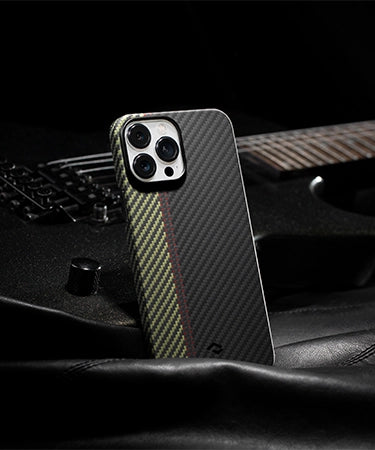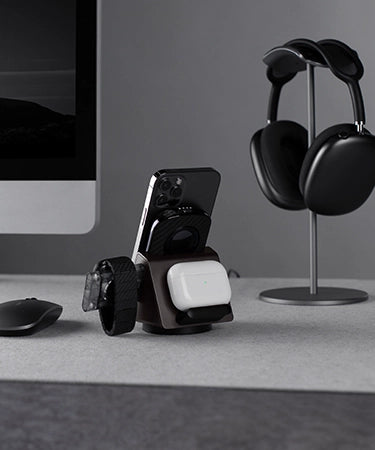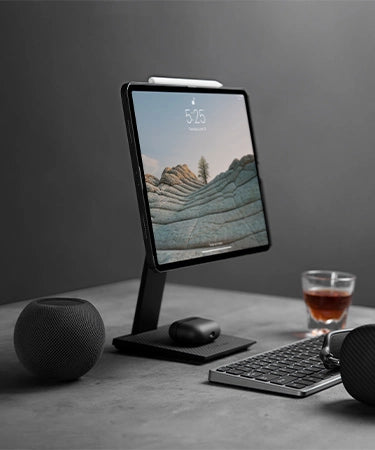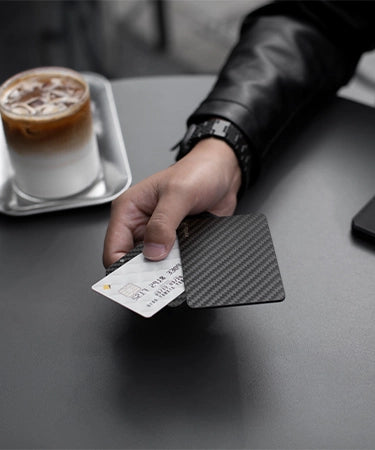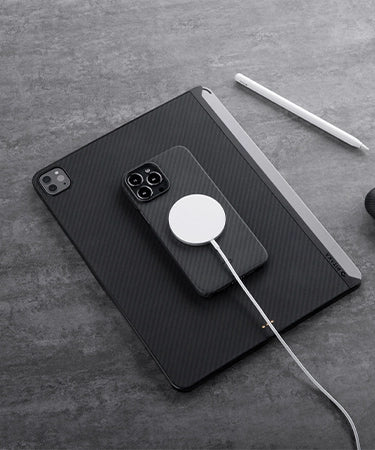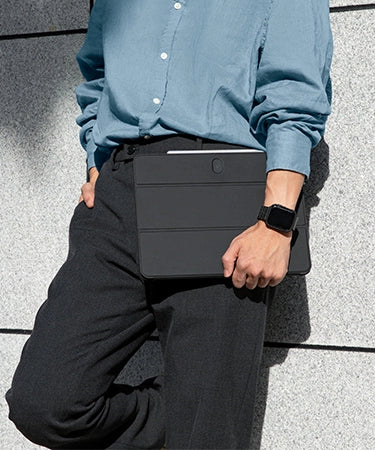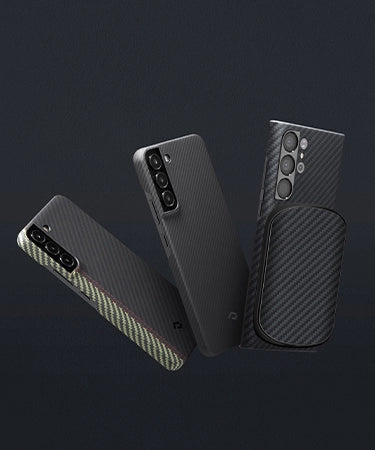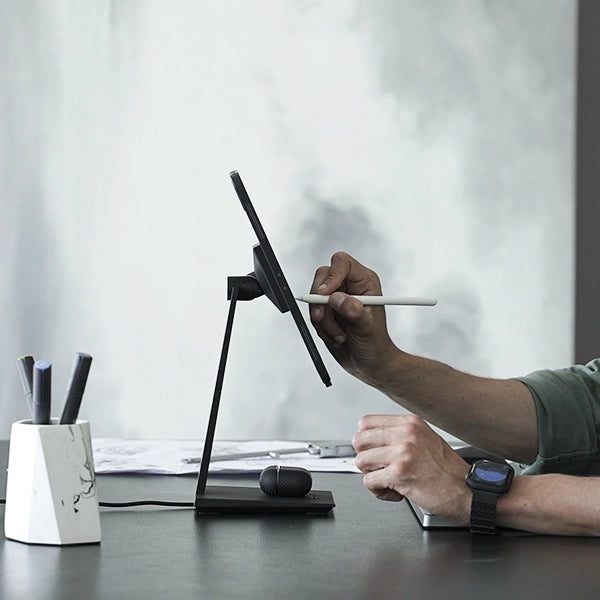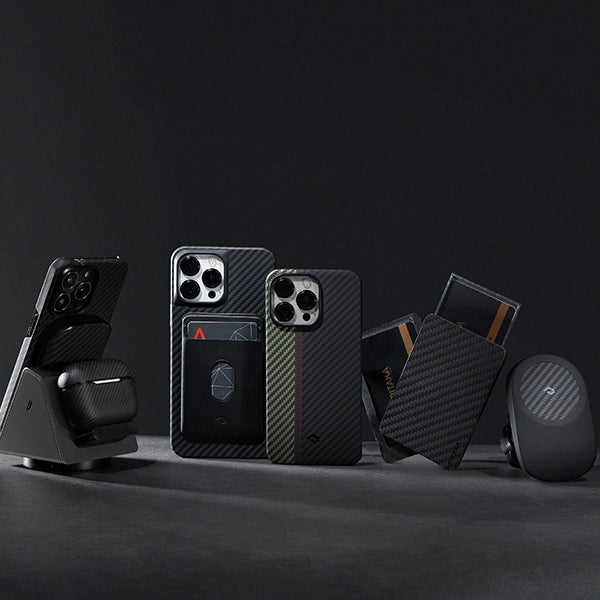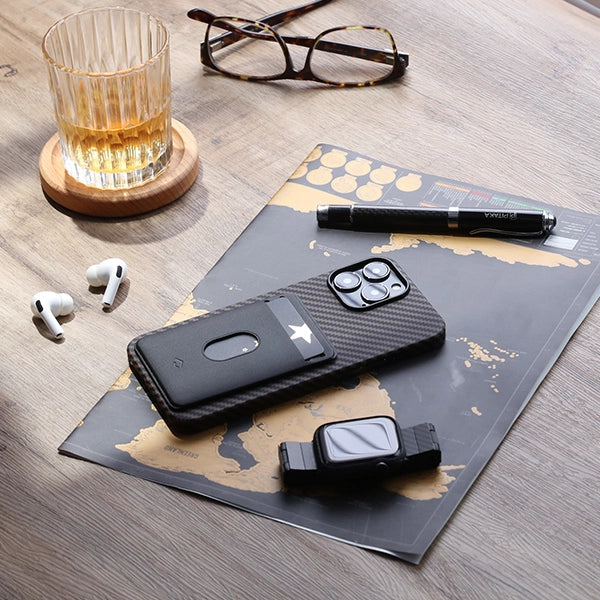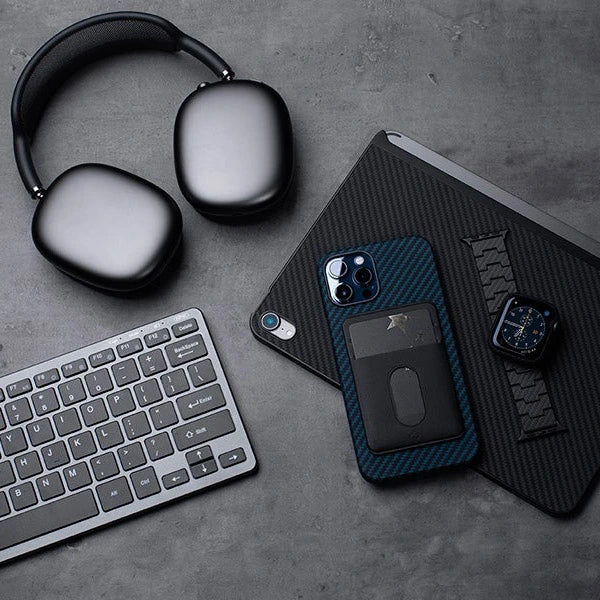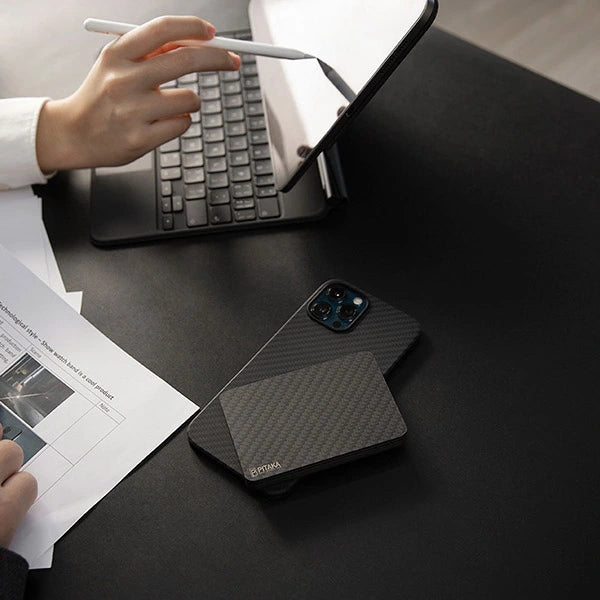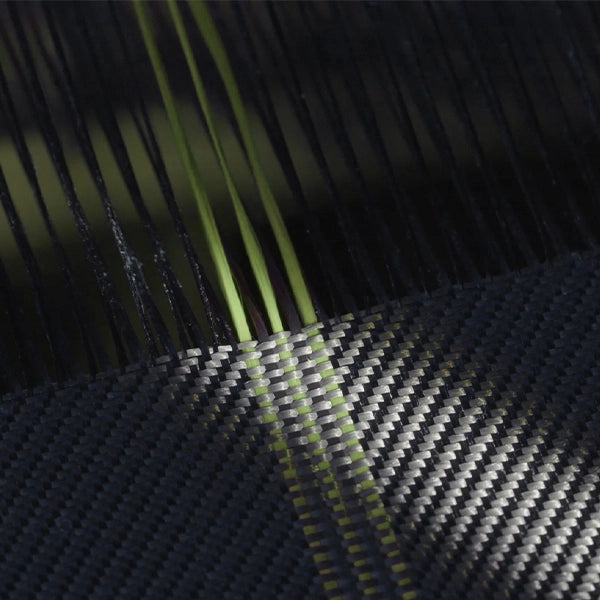
It used to be that the best feature your phone offered you was being able to call your friends. Today, there's so much technology packed into the palm of your hand that it's hard to keep up with all of it. Our phones have changed so much over the past ten years that touchscreens already feel like an old piece of technology.

One of the most exciting trends today is wireless charging. Our phones are steadily getting rid of their ports in favor of wireless technology. In the future, as technology continues to develop, kids might not even know what a charging cable looks like! You might see wireless chargers at your workplace, restaurants, and public spaces, with everyone going cordless.
But when does wireless charging begin?
When Does Wireless Charging Begin?
Wireless charging as we know it today began as a science experiment over 100 years ago. In the late 19th century, Nikola Tesla, an electricity pioneer, built one of his most famous creations -- Tesla coil, to demonstrate that magnetic resonant coupling. It showed the world that it’s possible to transfer energy through the air by creating two circuits.

After many attempts and experiments by numerous scientists and pioneers, inductive charging has become the way we know today – that uses an electromagnetic field to transfer power between the receiver and sender by using electromagnetic induction technology. It doesn’t require physical cord to transfer energy. In 1978, inductive charging was first applied in the United States to power an electric vehicle.
Today, we use the same mad-scientist technology to charge our mobile devices. Using electromagnetic currents, electricity moves from a wireless charging pad, through the glass on the back of your phone, and is stored in your battery.

How Popular Is Wireless Charging Today?
Today, nearly every smartphone comes with wireless charging. Other mobile devices feature wireless charging as well, like the Apple Watch and AirPods. Now that the Qi charging standard is supported by companies like Apple, Google, and Samsung, it's exploded in popularity.
If you're not sure if your smartphone is capable of wireless charging, just check its back! Glass has become the material of choice for mainstream wireless charging phones since the traditional material – mental causes power loss. If your phone has a metal back, then it probably isn't compatible with wireless charging.

Several researchers and big companies are working on improving wireless charging. These groups are working on ideas like faster wireless charging, large surfaces that can charge multiple devices at once, and even wireless charging that works over the air.
Is Wireless Charging The Future?
Though the wireless charging market is still in its early stages, it's expected to grow dramatically over the next several years. According to Inkwood Research, the global wireless charging market is expected to grow to $66.57 billion by 2027 at a CAGR of 41.13%.
Not only is the wireless charging market growing at a rapid rate, but the importance of wireless charging is growing as well. With nearly everyone using the Qi standard of wireless charging, wireless chargers can be implemented everywhere. In the future, you could see wireless chargers built into restaurant tables, your desk at work, your car, and in lounges at the airport.

IKEA wireless charging table
And wireless charging tech isn't stopping there! Organizations like AirFuel are developing resonance charging. Unlike inductive charging, resonance charging doesn't require any physical connection to charge your devices. Simply being in a room with a resonance charger is enough to power your devices. Wireless charging is definitely the future of mobile devices - it’s just a matter of when the tech is completely adopted.
The Benefits Of Wireless Charging
ONE CHARGER FOR EVERY PHONE

One of the clearest benefits of wireless charging is that it's agnostic. No matter what device you have, if it uses the Qi wireless charging standard, it'll be able to charge. This is great for families and friends that own multiple different brands of electronics. Since wireless charging mats work with just about every wirelessly charging device, they can be implemented everywhere.
SAFER FOR YOUR BATTERY

Everyone knows about the "rules" for charging your devices. "Never charge your phone to 100%!" "Never let your phone reach 0%!" "Charge your phone to 100% then don't charge it until 0%!" These kinds of "tips" have been floating around forever, and honestly, they're more confusing than they are helpful.
Luckily, with wireless charging, you don't have to worry about any of these so-called "tips". Wireless charging charges your phone slower than wired charging. It helps you maintain the battery capacity between 50%-80%, which is the best for the battery life.
REDUCES CLUTTER

Since you only need one wireless charger for all of your wireless charging devices, you can reduce the amount of cord clutter in your home. No more cables stretched across the house or taking up space in your bag.
For maximum decluttering, use a multi-device wireless charger. These are wireless chargers that can charge multiple devices at once. With a multi-device charger, you not only stop using multiple charging cables, but multiple wireless chargers as well.
How To Prepare For A World Of Wireless Charging
It doesn't look like wireless charging is going anywhere anytime soon. If you want to stay ahead of the next trend in tech, now is the time to start adopting it. So, how do you prepare for wireless charging?
Well, the first step is to actually switch to wireless charging! Buying the latest devices with wireless charging will help prepare you for when it completely takes over. If a product offers a wireless charging version (like the AirPods) grab the wireless version instead of the wired-only version. This way, you'll be able to get the most out of wireless charging as it becomes more popular.

Finding A Wireless Charger That's Right For You
Now that your desk is covered in wireless charging devices, it's time to buy a wireless charger. But how do you know which one is right for you?
The first step is picking a wireless charger that uses the right standard. 99% of the time, you're going to want a wireless charger that uses the Qi charging standard.
Second, look for a wireless charger that offers fast charging. Only a few smartphones offer fast wireless charging for now, but more are on the way. Having a fast wireless charger will keep you prepared for the future of wireless charging.
If you're looking for a wireless charger that can charge all of your mobile devices at once (even the Apple Watch) check out the Air Omni. It can charge 6 devices at the same time. The Air Omni has a traditional charger as well for devices like the iPad that can't charge wirelessly. It's the best way to embrace the future of wireless charging.

For those who need wireless charging on the go, you can pick up MagEZ Mount Qi. This charger holds your phone in place while you drive and charges it simultaneously. Besides, there is a more compact magnetic wireless charger, the MagEZ Juice, which can be used as a wireless charging dock on the desktop and also a portable power bank that can go anywhere.

In Conclusion
Whether you look at the early days of Nikola Tesla’s electricity experiments or the changes to the latest iPhone, it’s clear that the future of technology is wireless. This is a trend that’s only going to become bigger over time. If you want to stay ahead of the trend and have the latest technology, pick up a wireless charger today!
